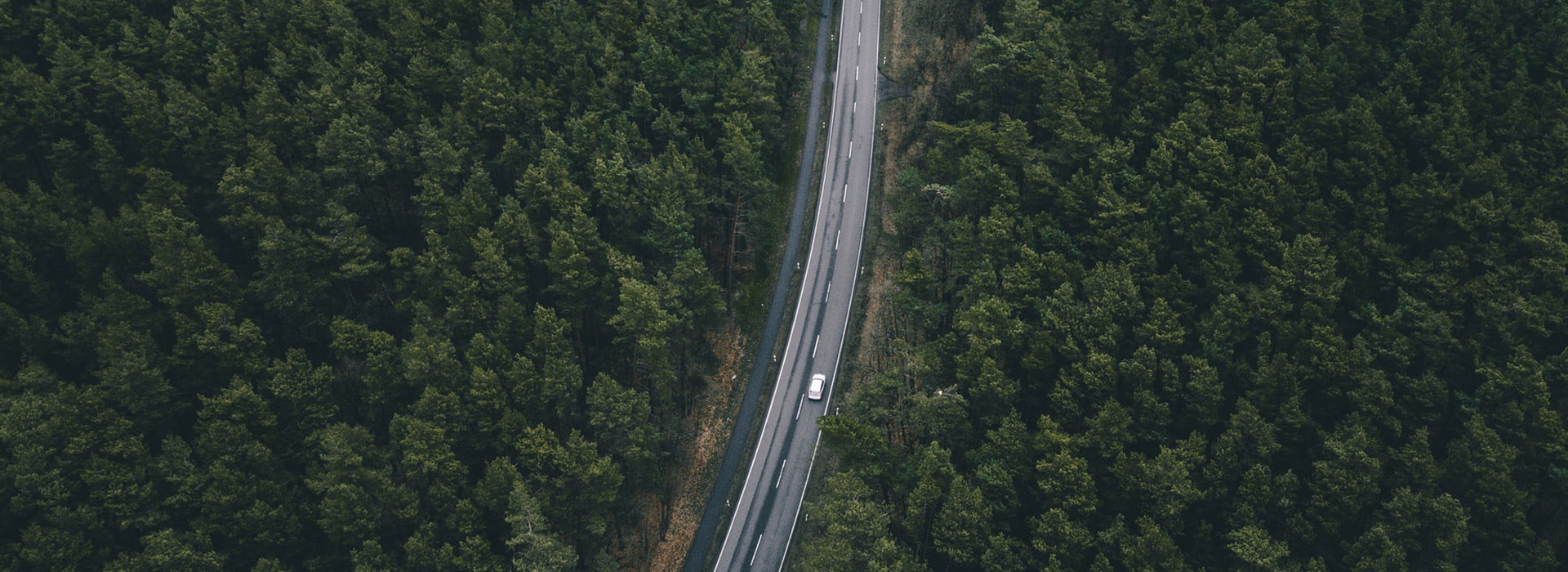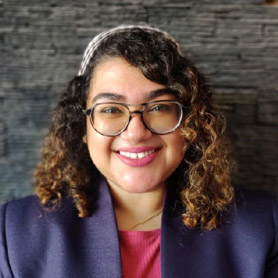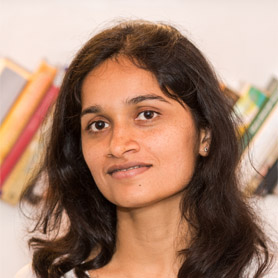Reflections on IWD with Sustainability Advisory Team
Shramana Dey and Grishma Jain, members of the dss+ Sustainability Advisory team, discuss what International Women’s Day means to them.


Shramana Dey
Sustainability Advisory team

Grishma Jain
Sustainability Advisory team
Q.
International Women’s Day: what does this day represent for you both?
Shramana: If you really think about it, our current level of equality is just a couple of generations’ old. That’s the truth of it. My grandmother, my great grandmother… they couldn’t work.
The rights we enjoy today are relatively new. The fact I can work is a HUGE win. And that’s thanks to all those who have come before us.
This day allows us to acknowledge the journey we have been on and to be grateful for the progress that’s already been achieved.
Grishma: On a personal level, I don’t tend to pay a lot of attention to these individual days. If a cause is worthy, it should occupy our thoughts every day. But I do appreciate what it signifies, in terms of recognising the difference women before me have made to start bringing change to levels of equality.
“And then I wonder: what is my role? What am I contributing for those who will come after me? I want to make sure I play my part in fostering change for future generations.”
– Grishma Jain, Sustainability Advisory team
Because whilst equality has progressed, we’re certainly not on an equal footing yet. And in this I include all minorities, not just women.
Q.
You’re being interviewed as a duo today. What do you think women can do to help each other attain their respective goals?
Shramana: I think Grishma and I are a good example of the way women can support each other. I started this role in 2020, and Grishma had joined a couple of years before me. She was the first person I met on my first day of work. The first person I interacted with after the hiring committee. And from the get-go, she welcomed me, and the sense of care hasn’t diminished since then.
In general terms, I think we can all help each other by creating a non-judgemental space in which to work and be. An empathetic, safe space, where you can share your concerns, your opinions, and you know you will not be reprimanded or even judged for them, irrespective of your gender.
It’s useful to acknowledge we’re all different. And as women, sometimes, we doubt ourselves – especially when you’re in the earlier part of your career like Grishma and I are now. We might think our questions are silly or inconsequential.
Having that sense of safety – being able to ask questions and not be judged – allows me to enjoy my work and to be more productive.
Grishma: I echo Shramana’s comment. We should work towards fostering spaces where we are all comfortable, where people respect each other, where you can voice your opinion and be heard.
As minorities, I believe that we have some experiences that are both unique and shared. And it can be easier to establish a rapport with someone who has had the same types of experiences. Because they understand the background, the unsaid. Verbal communications are just one of many cues after all: sometimes just a presence can help you move forward. It is in this context that women can support each other.
Q.
You’re both part of our Sustainability Advisory team in India. What made you choose this path?
Grishma: My interest in the environment started in my school days. I was lucky to go to a school which was set in the middle of a protected forest and a lot of importance was placed on nature. So, this sense of caring for the environment was built into me before I was fully self-aware. But my level of affiliation certainly only increased when I came out of my childhood bubble.
I decided to pursue a degree in chemistry partly to understand better the world around us, and then I specialised with a Masters in green chemistry. I was fortunate that my thesis allowed me to work with the National Industrial Symbiosis Programme in London. This programme mapped the wastes and by-products generated by various industries in the UK and studied how they could instead be viewed as resources and re-used across the board.
This experience really opened up my world view: change need not always take place on a minuscule scale. Involved in this large scale, multi-industry programme were these substantial economic players, and I had the potential to influence the way they function.
I came back to India and was lucky to find a small NGO taking a similar approach, if on a smaller scale. My journey from the NGO to dss+ was a natural progression as the same person who brought me on at this NGO is the person who brought me on to Sofies and then transitioned to dss+.
My journey so far has led me here - practicing sustainability at dss+. It feels like it was meant to be my path.
Shramana: I always wanted to work with the environment. I might have watched too much Captain Planet when I was little! The most significant move for me involved transitioning from a pure environment focus to the wider sustainability field. Let me give you an example. I started my career in water and sanitation, and quickly realised that the impact of the problem and the way it could be addressed, needed to take into account the wider society and ecosystem.
Understanding that non-environmental factors are equally important to address when tackling environmental issues was an eye opener for me.
And I’ve only just started learning really. Sustainability is still a relatively new field – just like diversity and inclusion. We wouldn’t have talked about either topic so widely even five years ago.
I’m also very glad that I am able to have an impact on equality through my work. During the projects we carry out, we have the chance to be able to highlight sustainability issues that have a direct correlation to the rights of women and other minorities: do people on this site earn a liveable wage for example?
“Our projects are an opportunity to educate, to have an impact not only on our clients’ activities but also on the people and ecosystems they interact with – and that’s very rewarding.”
– Shramana Dey, Sustainability Advisory team